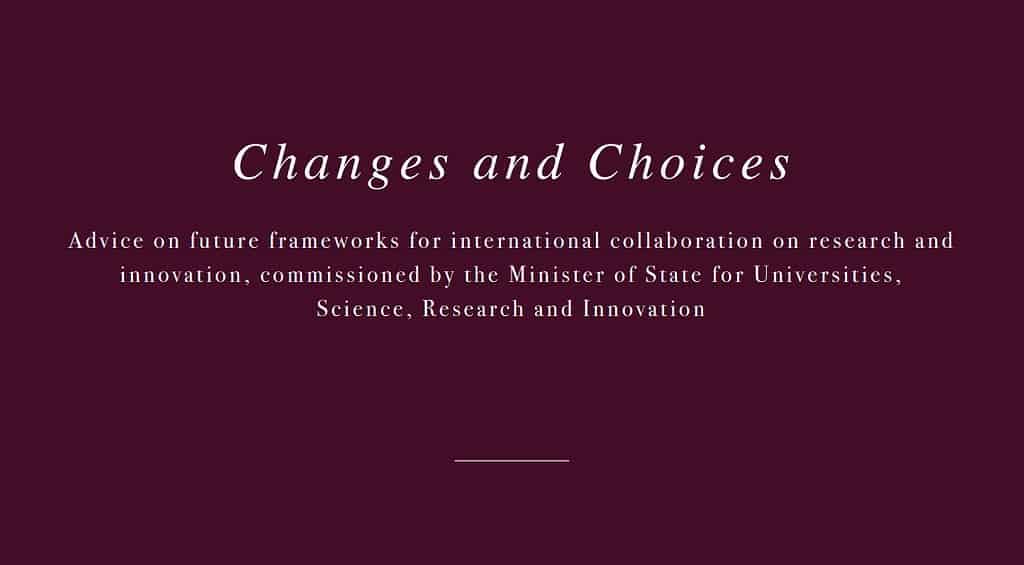‘Your Life’ ambassador, Dr Melanie Windridge, talks about the looming UK skills crisis and inspiring the next generation of STEM students
Why inspiration is key to solving the STEM skills gap
21 Nov 2016
When I was at school, at a girls’ grammar, physics was the least popular subject amongst the pupils. My physics teacher was what we may call a stereotypical physicist – white, male with a beard and glasses. He told bad jokes and the whole class of schoolgirls groaned. In my school it was not just cool to hate physics, it was the norm.
Yet somehow, despite the peer pressure, he inspired, supported and encouraged me into a career that I love – one which is interesting, varied, meaningful, exciting, stimulating and fulfilling. I am a plasma physicist and science communicator working in fusion energy (and dabbling in adventurous, science-related activities). I have always followed my interests and I truly believe that if you are inspired by something you are more likely to excel at it.
However there is a looming skills crisis facing the nation with a shortfall of 40,000 STEM workers each year and growing. The Confederation of British Industry (CBI) has identified the skills gap as the number one issue facing businesses, and a huge gender split in STEM is one of the main contributors. 50% of secondary schools have no girls studying physics at A-Level; only 1 in 33 girls will study maths and physics.
I am an ambassador for Your Life, an organisation set up to address the skills gap. Your Life is a three-year campaign – sponsored by business, backed by Government and led by entrepreneurs – with the intention of boosting the numbers taking maths and physics A Level. In March this year the Your Life campaign launched a research project in conjunction with AT Kearney to identify the reasons why teenagers were shunning STEM. The report, called Tough Choices, found that students were making rational decisions based on what they believe will best contribute to future career success. But they are misguided.

There is a misconception that STEM is a dead end. For example, the Tough Choices report found that when asked what job they can do with physics, the most common answer given by teenagers was ‘don’t know’. The second most popular answer was ‘physics teacher’. Yet skills gained through studying maths and physics lie at the core of so many jobs and careers, impacting all sectors of society. So why are students missing the message?
I believe that a key ingredient is inspiration, and with that comes context and relevance. They need to understand that science and engineering change the world, and that the future is in their hands. And they need to see others succeeding with STEM – role models from all walks of life and all industries crushing the stereotypes and showing that STEM leads to varied, fulfilling and lucrative careers.
At school, I remember being interested in the energy problem and how we might solve it. After a broad undergraduate degree in physics, the pressing issue of climate change and that old interest in the energy problem led me into a PhD in fusion energy. I now work for a fusion start-up, Tokamak Energy and through my work with schools over many years I have met numerous students (including several young women) inspired by the same desire to solve practical problems as I was.
Though they may not know it, STEM features heavily in teenagers’ top career aspirations. Another study carried out by Your Life this summer revealed that the top industry of interest to boys was gaming, while for girls it was healthcare. STEM skills are fundamental to both these industries. If we can demonstrate this to teenagers we could help to make a real difference.

Your Life’s “Best School Trip” strand, with trips to companies as varied as Coca-Cola, Shazam and L’Oreal, has already had positive results (84% of teens would consider doing maths afterwards). Teenagers know these brands and engage with them, but they don’t realise that STEM subjects could get them jobs there. Meanwhile these companies are crying out for data scientists, product designers, coders and business analysts. We need to close the loop, ensuring that teachers and parents are aware of the career opportunities of studying science and can advise and encourage rather than deter. Parents need to be inspired too! By bringing alive these subjects and offering inspirational role models we can begin to address the growing skills gap.
On the 14th-19 November, Your Life launched ‘Inspiration Week’ as part of its 3 year campaign to reach a record number of teenagers. The campaign features videos showcasing exciting jobs of the future and heroes from the history of science, including Florence Nightingale and others who made great societal impact (something that appeals strongly to young people). There was also live mentoring from role models as well direct engagement with schools and STEM-focused businesses. To find out more please visit www.yourlife.org.uk or email info@yourlife.org.uk
Related articles

The Physiological Society’s policy team on the health challenges facing older workers and the urgent need to develop a strategy to ensure older people are happy and healthy at work.

Jo Reynolds, Director of Science and Communities at the Royal Society of Chemistry, on the RSC’s new summary report looking to unlock the potential of deep tech SMEs.

Lisa Morrison Coulthard, Research Director at the National Foundation for Education Research, on the Nuffield Foundation funded five year research programme providing insights into the essential employment skills needed for the future workforce

Sir Adrian Smith, Institute Director and Chief Executive of The Alan Turing Institute, and Graeme Reid, Professor of Science and Research Policy at UCL, set out the findings from their new independent report on international partnership opportunities for UK research and innovation